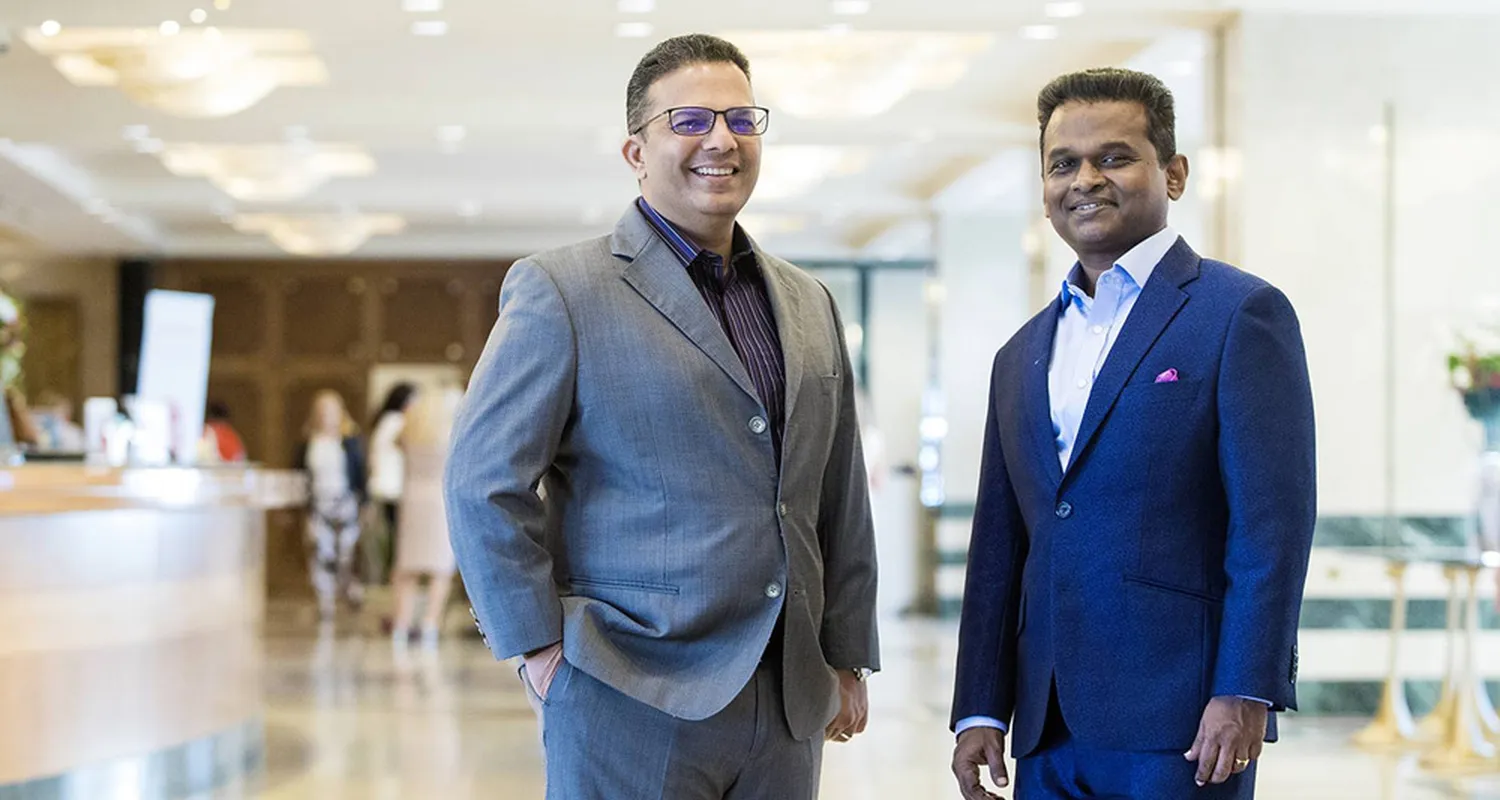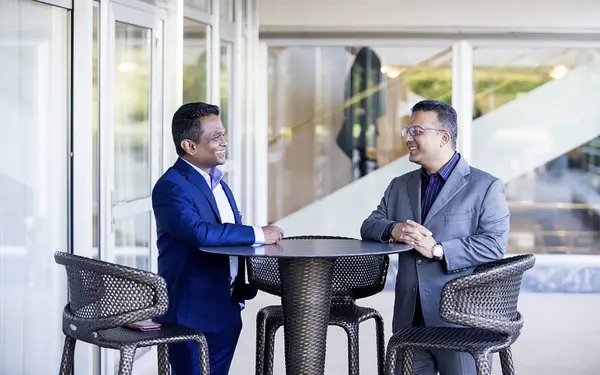In the survey report, Michele Parmelee, Deloitte Global Chief Talent Officer, says, "Millennial uncertainty is reflected in their personal views on business, government, leadership and the need for positive societal change agents. As business leaders, we must continue to embrace the issues resonating most with these generations, or risk losing out on talent in an increasingly competitive market."
Engaging millennials at the work front has become crucial because of their direct impact on revenue. Leaders, or specifically, traditionalists, should opt for different strategies and redefine their leadership skills when it comes to leading this generation of a smart, confident, ambitious, tech-savvy and purpose-oriented bunch of talents who believe in saying and doing things unapologetically, inside or outside the workplace.
An increasing number of leaders across the globe are now turning their attention to these young patrons of change. Their expertise and experience in AI, data, technology, and healthcare sciences have given them an edge over other generations, making them enablers of change in fast-growing businesses. There are a number of practices that leaders can adopt to transform the age-old 'art of managing' into 'the art of mentoring'.
Workplace Fulfillment & Making Them Stay
If organisations are not fulfilling workplaces, there are plenty of opportunities out there for them. The millennial generation is spoilt by choice, not just because of the digital age they were born into but due to the vast opportunities that startups and the gig economy provide. There are also flexi-contracts with companies, enabling young talents to even harmonise their work-life and academic life. Leaders might want to note here that making a millennial stay for over a year or two (which is the basic amount of time they would spend at a given organisation) has a direct bearing on what companies offer them. Opportunities to learn, grow and innovate are pretty appealing, much as their desire for faster promotions, newer projects and outbound assignments.
Engaging, Caring and Connecting
Back in the day, managers were seen as cold, authoritative figures who sat mostly in their cabins and addressed their teams only on special occasions like an AGM or a farewell lunch. Much of that is obviously obsolete now with peers demanding more engagement and communication on a day-to-day basis. Millennials base their ratings on how experiential and connected their workplace was to them, whether it's the team or the team leader. Having a genuine, caring, and communicative leader is always encouraging, not just for millennials but for everyone.



